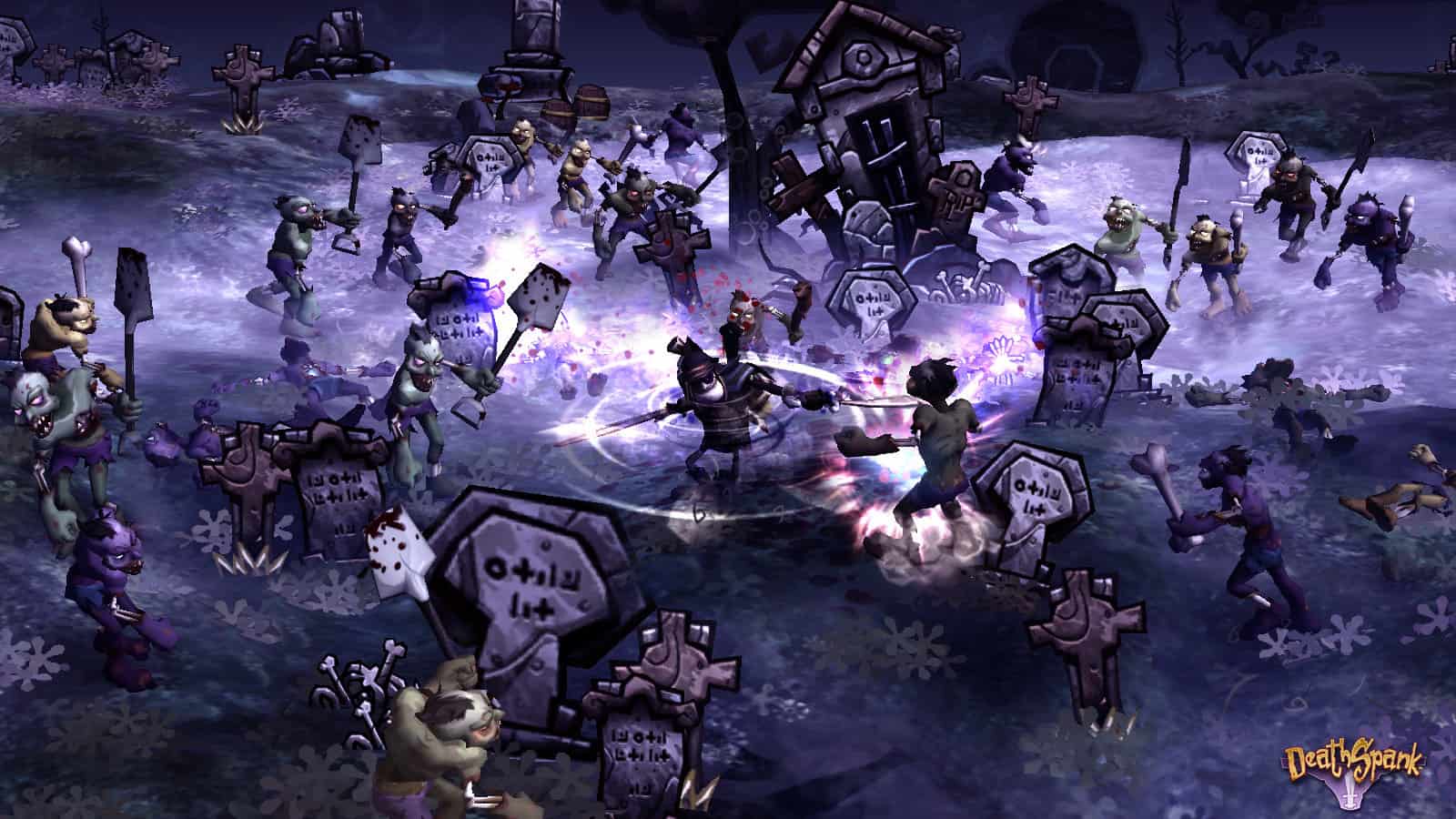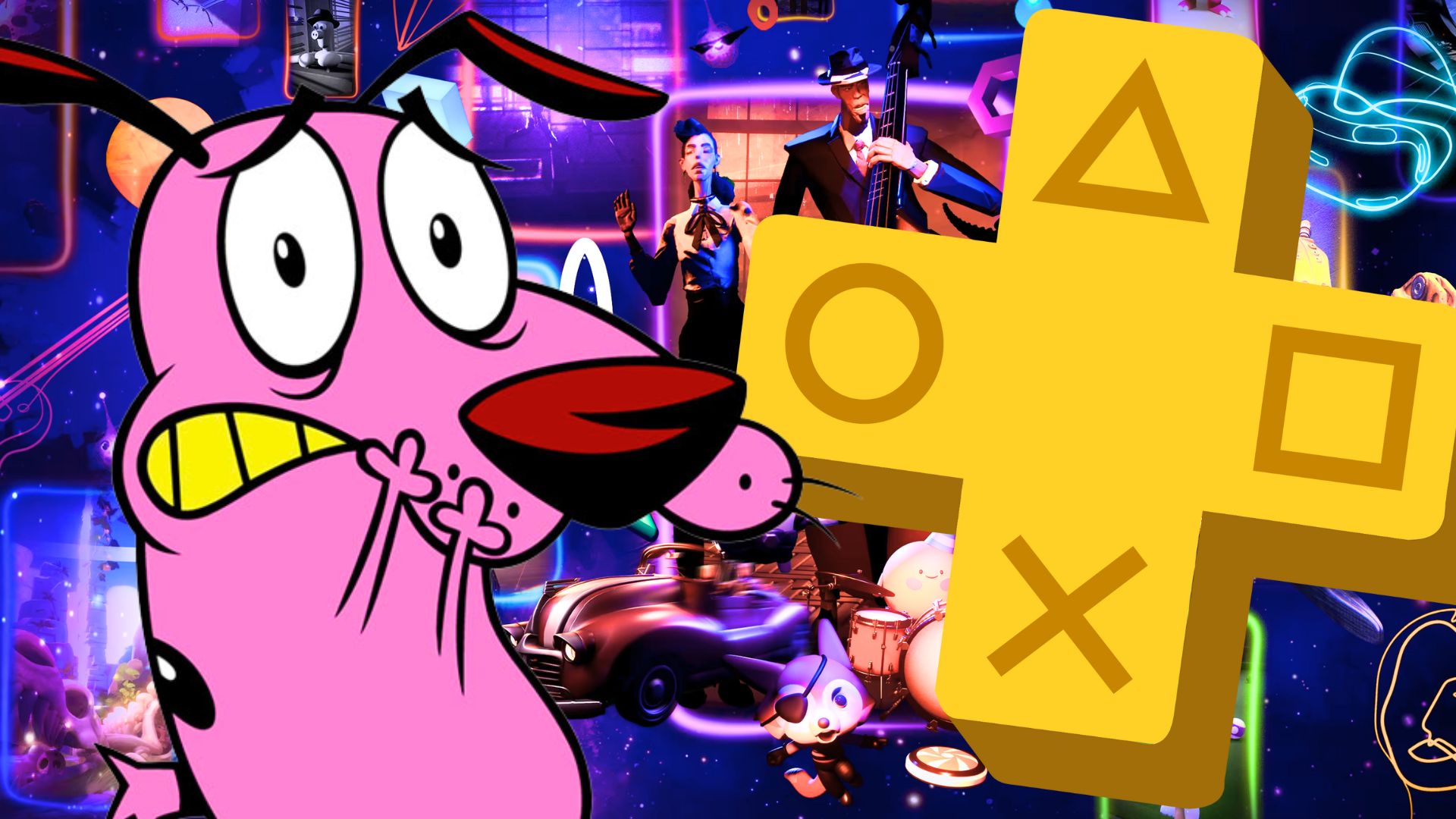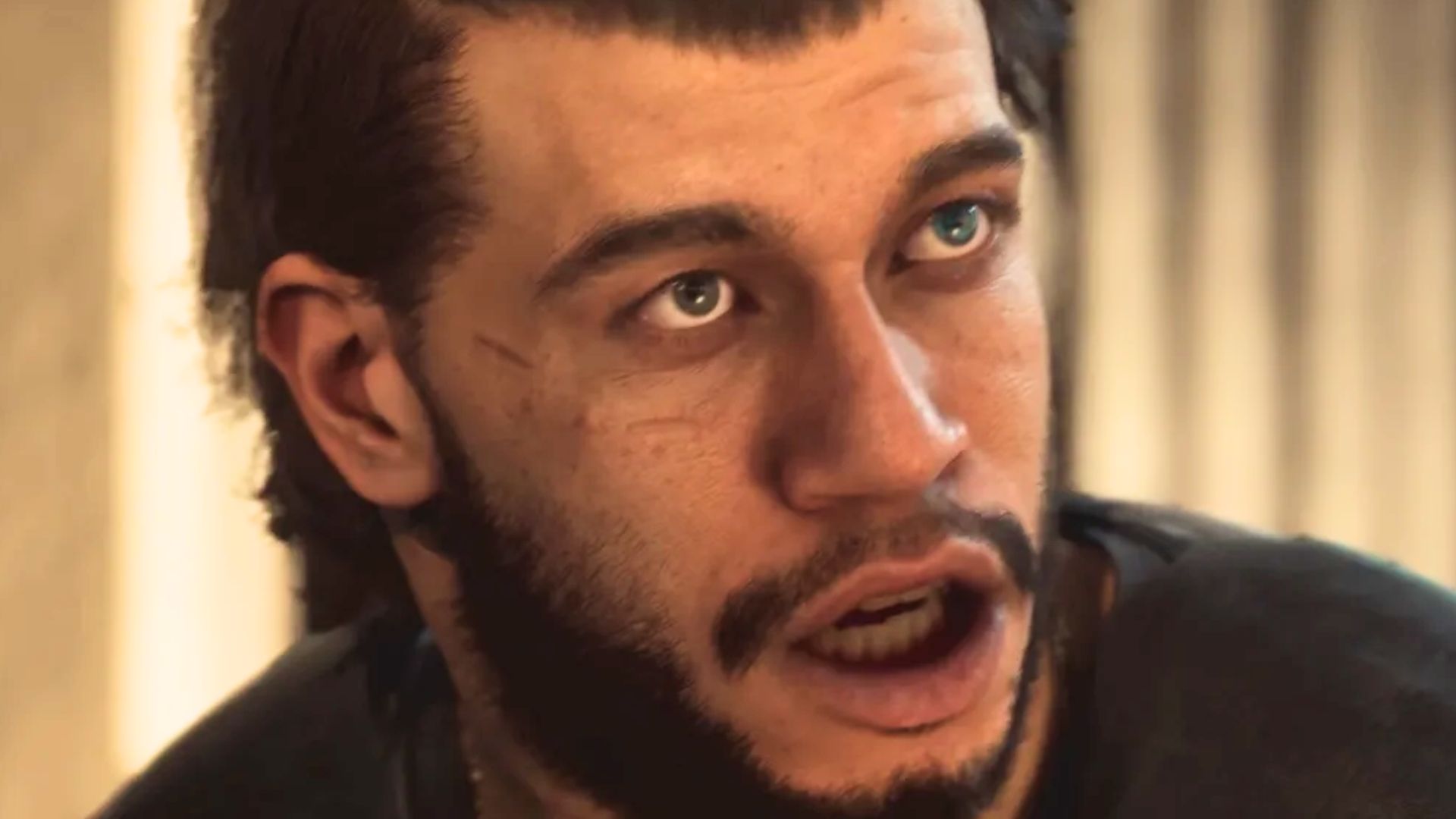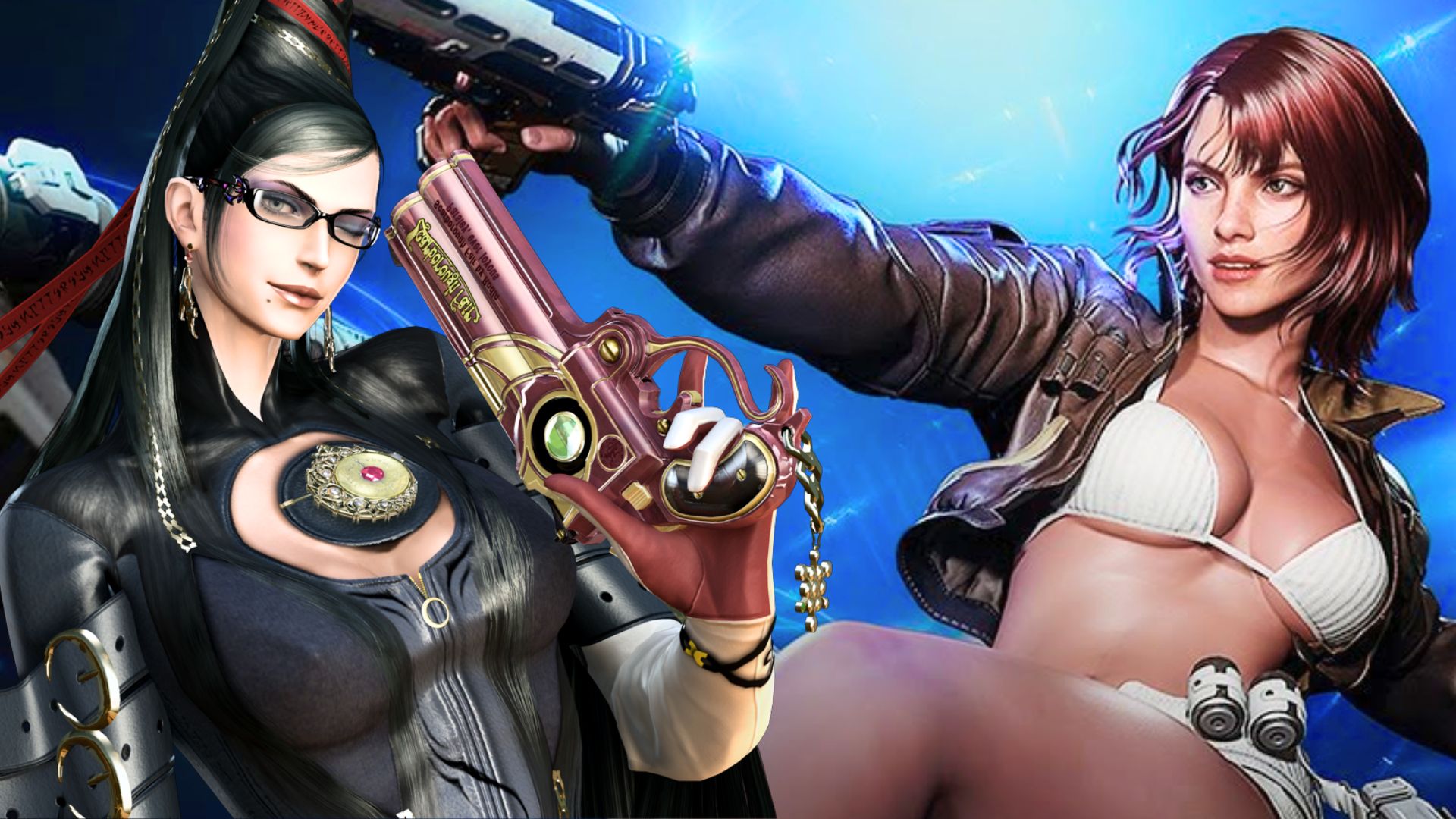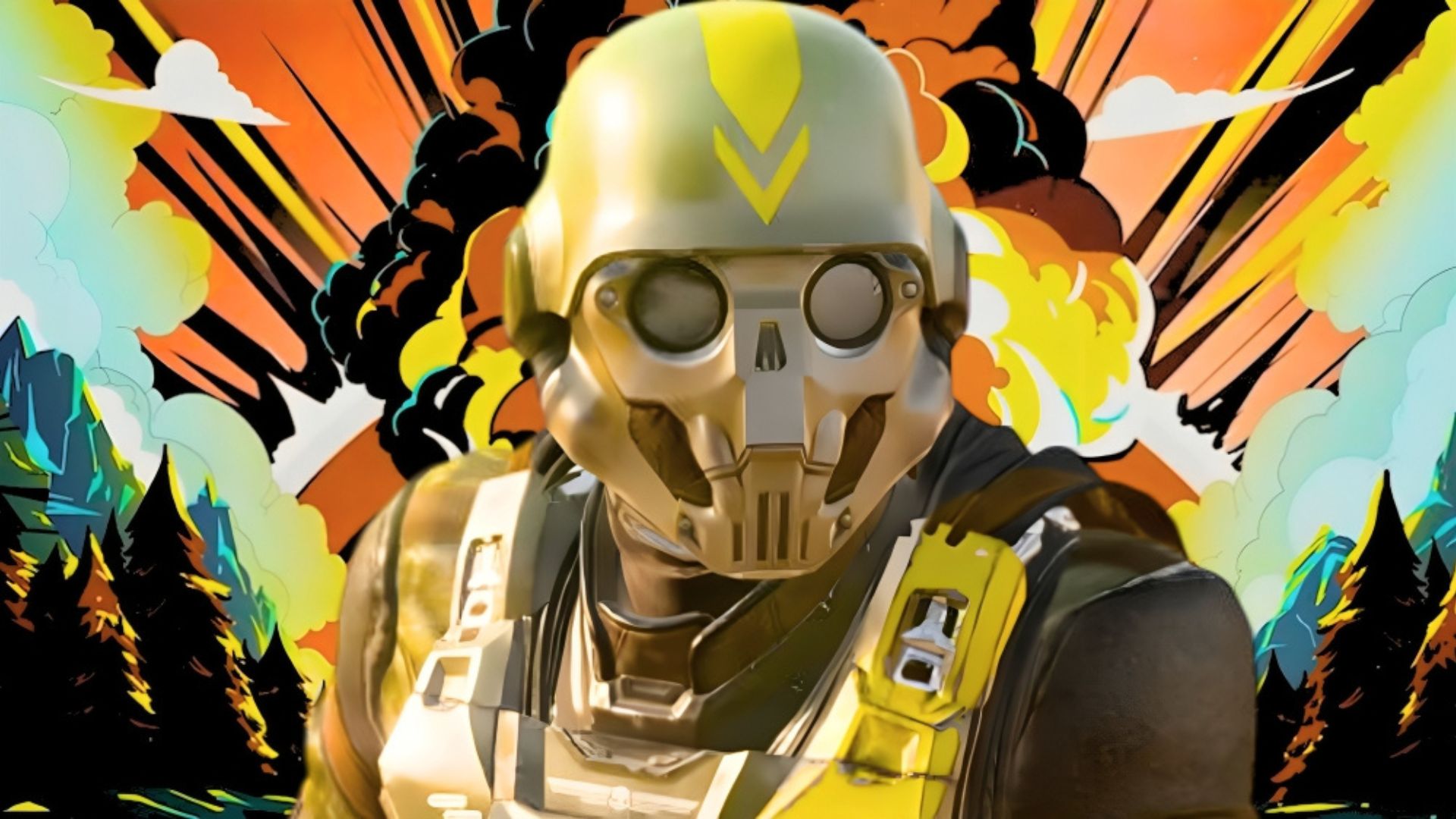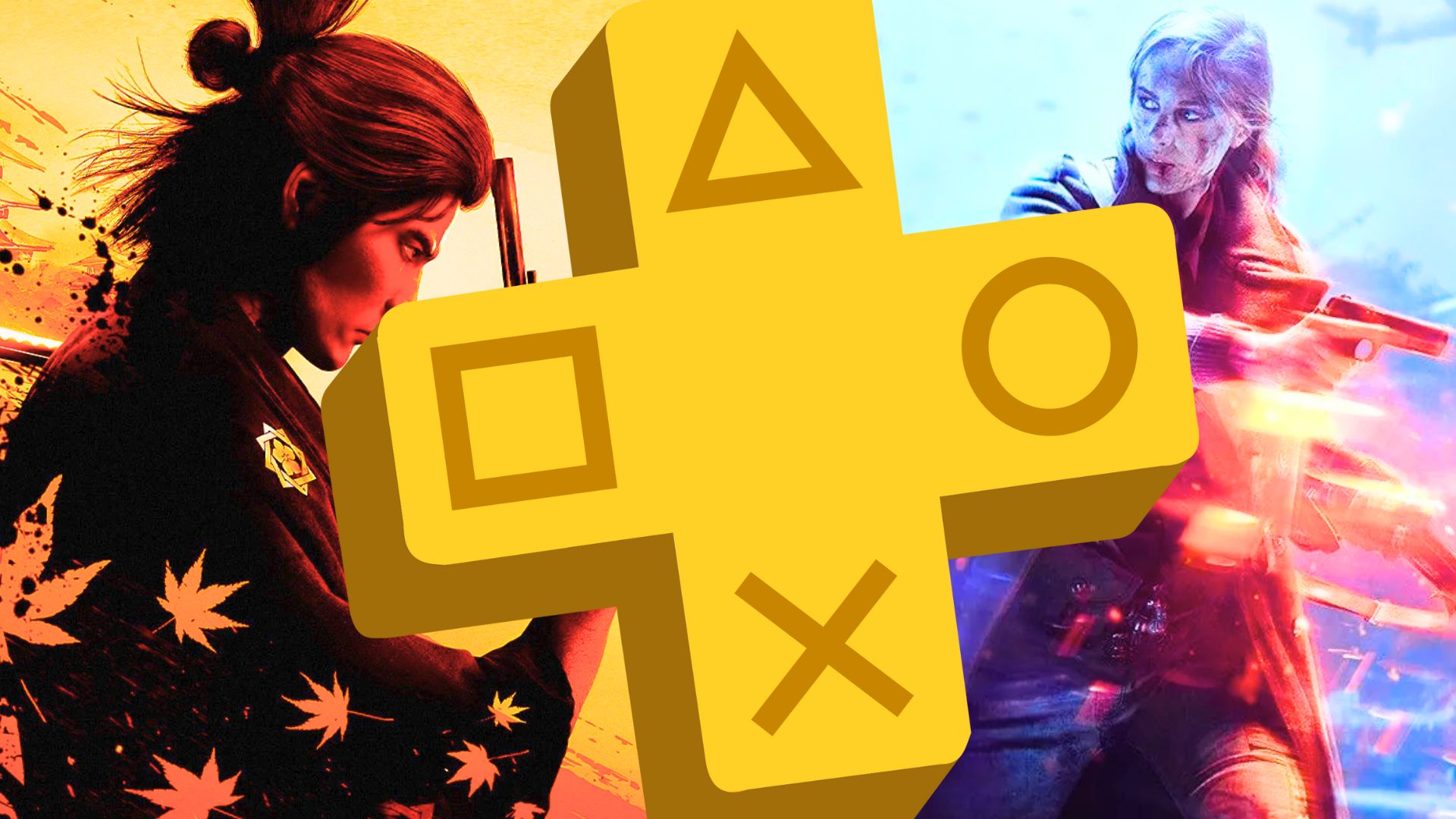You can trust VideoGamer. Our team of gaming experts spend hours testing and reviewing the latest games, to ensure you're reading the most comprehensive guide possible. Rest assured, all imagery and advice is unique and original. Check out how we test and review games here
Ron Gilbert is a 24-carat-gold gaming legend – the man who brought us Maniac Mansion and The Secret of Monkey Island. Ron’s new game, DeathSpank, is coming to PSN and XBLA later this month. Earlier this week we caught up with the man himself to chat about innovation, 3D, and why decent games writing is still comparatively rare.
Q: You’ve described DeathSpank as being a mix of Diablo and Monkey Island, but I was wondering what your inspiration has been in terms of the story and the setting of the game.
Ron Gilbert: The character DeathSpank was something that I created along with my friend Clayton Kauzlaric, about five years ago, for these comic strips that I put on my website, Grumpy Gamer. We needed this weird, kind of off-the-wall bizarre video game character, which is why we created him, and he was just such an interesting character to us that we really wanted to give him his own game. The story that wraps around DeathSpank, it’s a little bit of satire and parody of video games. It’s not really in your face with it, it’s kind of very subtle. But we really wanted DeathSpank’s world to be this bizarre place that doesn’t make a lot of sense. Video games just don’t make sense a lot of the time, so his world takes on a little bit of that bizarreness. That’s the thing behind the way the story is told, what the story is and all that.
Q: One of your old Grumpy Gamer comics pokes fun at the difficulty in getting a publishing deal for original, unusual games. It’s interesting to me that DeathSpank is coming out via PSN and Xbox LIVE Marketplace. Do you think that these platforms make it easier for anyone who wants to make a game that doesn’t behave itself as much as most mainstream releases?
RG: “Doesn’t behave itself” – I like that! Yeah, I think XBLA and PSN are wonderful platforms, for exactly the reason you said. They really allow games to go out there and not have to spend 30 or 40 million dollars to make them. You can have much, much smaller budgets, which allows developers and publishers to take more risks with things, to take chances and do things that are going to be a lot more innovative. I don’t think DeathSpank would ever have gotten made as a $30 million game, you know? It’s too quirky, but it’s absolutely perfect for the downloadable services. I love those services. I think in some ways they really are the future.
Q: Is that the area that interests you then, as opposed to bigger, more mainstream games that have to be tied to the conventional way of doing things?
RG: Yeah, I would much rather make smaller games. I think having smaller development cycles, being able to make more games, faster, being able to take chances and experiment with different things, these are definitely the things I’m interested in. I really hope those services continue to flourish, as I really enjoy doing stuff with them.
Q: There was a heavy technology focus at this year’s E3, what with 3D and all the motion control add-ons that are coming out. What do you think of the current state of the industry, and what excites you?
RG: I think some of the things that excite me are the things that can happen with innovation, so that the industry doesn’t become stale. For me I think the most exciting thing of all about the industry is seeing it break out of that hardcore game mould. You look at people today, and everyone plays games. Maybe they play them on their iPhone, or maybe on the Wii, or maybe they play them on Facebook, but everybody in the world plays games today. I think that’s absolutely fascinating and I really love it, because I think our industry has to break out of the 15-year-old boy we’ve been focusing on for so long.
Q: Do you think that the more hardcore end of the gaming spectrum is in danger of dying out, in the long term?
RG: No, not at all. I look at hardcore gaming the same way I look at summer blockbuster movies. You know, the summer blockbusters are really important to the movie studios, and in some ways they fuel a lot of their profits. But the movie industry is able to make a lot of different types of movie. They make romantic comedies, they make weird little art films, they do all sorts of interesting things – and I think that’s where the games industry is starting to head. The hardcore games may always fuel the profits of large companies, but I see them [publishers] now looking to take chances on other types of games, realising that we need to become a more rounded industry, as films are.
Q: It’s an interesting comparison, especially given that cinema embraced 3D first and then the games industry followed…
RG: I don’t really like 3D in movies, I find it a little annoying to watch. I’ve not seen the Nintendo DS, the 3D one, so I can’t really comment on that. But I think 3D is always going to be a little bit odd as long as we have to wear glasses. The point at which I can sit in my living room and play an XBLA game on my TV and not wear glasses, I think that’s the point when 3D will really take off. As long as you have to wear glasses it’s going to be a weird, gimmicky thing.
Q: Your work is known for its great writing. I know from reading your blog that you’re a big fan of The Wire. Do you think we’ll ever get to that HBO level of consistently good writing, and what’s your feeling about the current standard across the industry?
RG: I think it’s not really in a good state. I think most games are not very well written, and I don’t really know why that is. It’s probably just that the whole industry is still in a fairly young, immature state. I don’t know if writing is really appreciated, not only by players but also by reviewers. Occasionally a game will come out that has good writing and people will say “Hey, that was really well written!” – but they don’t really notice bad writing. I think that’s just where we are, we’re a very young industry. As time goes on people will start to appreciate different artistic elements of games, and writing is one of them.
Q: In your keynote at PAX last year you were talking about how it’s important that games don’t seek to emulate film too much. I know you’re not a fan of games which rely too heavily on cutscenes to tell their story. Do you feel that projects like Heavy Rain move too far away from what a game should be?
RG: I think it’s very important that games are their own thing artistically, and if people are just saying “I wish I could make movies but I can’t, so I’m going to make this game as much like a movie as I can”, I don’t think that’s the right way to go. I think movies will be around for hundreds and hundreds of years because they are what they are, and people are always going to want some form of passive entertainment. But games will be as well. I think they’re very different, and I think you have to look at telling stories in games very differently from telling stories in movies. That’s one of reasons I don’t like cutscenes. Cutscenes tend to take control away from the player, and when people are playing games they like control. That’s why I like the dialogue in Monkey Island, and it’s why I did the exact same thing in DeathSpank. You can tell a lot of story by letting the player have control of it. They can participate in these conversations that are going on with characters, and they can have a lot of fun and get a lot of humour out of them. Games really are a different art form, and we’re just now discovering what that art form is, and how to do it well. And I think that’s one of the things that’s exciting about the industry right now, figuring all that stuff out.
Q: You mentioned on your blog that you recently had lunch with Gary Winnick, your co-creator on Maniac Mansion. Is that something you’d like to revisit?
RG: You know, I don’t know. It’s a good question, and people ask me that a lot. I don’t have the same desire to revisit that as I would, say, Monkey Island. I’m not really sure why. It’d be fun to do, but it’s not a burning thing inside me.
Q: How about the idea of working with Gary again? Is that something you’d like to do?
RG: Yeah, I love collaborating with people a lot. Gary’s a great guy, he’s a wonderful artist and he’s very, very funny. We kinda bounce stuff around every time we meet, but there’s nothing firmed up at the moment.
DeathSpank is due for release on July 13 on PSN and July 14 on Xbox LIVE Arcade.
DeathSpank
- Platform(s): macOS, PC, PlayStation 3, Xbox 360
- Genre(s): Action, Adventure, Fighting, RPG
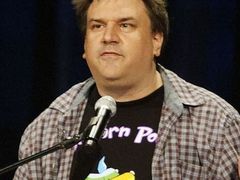
/https://oimg.videogamer.com/images/e14c/deathspank_4.jpg)
